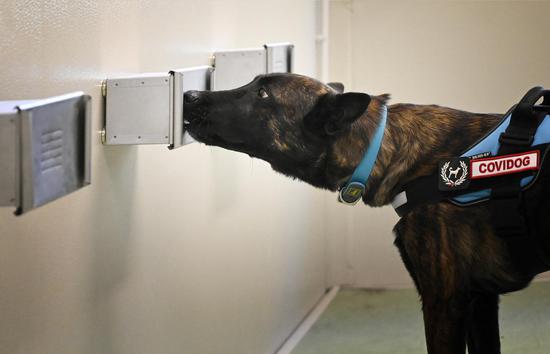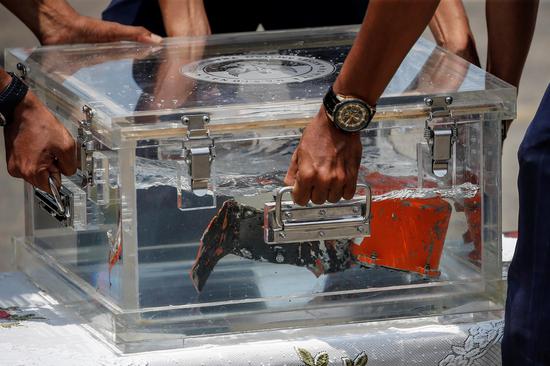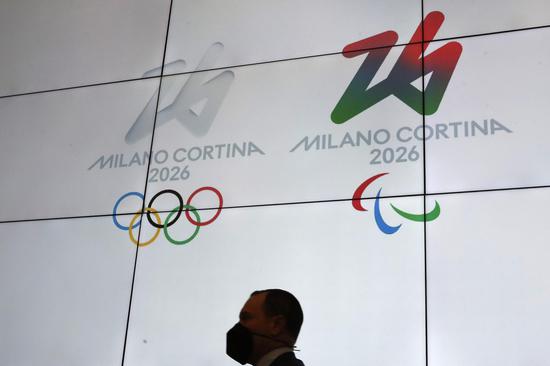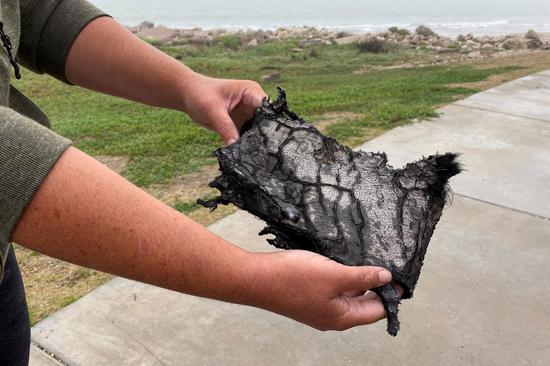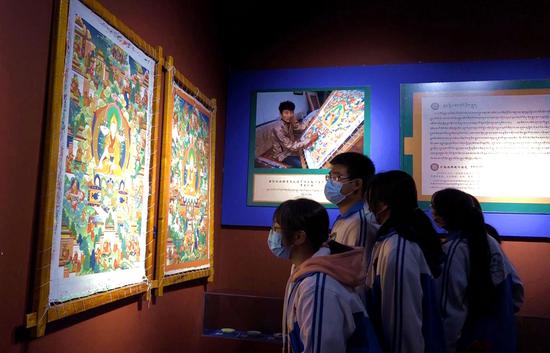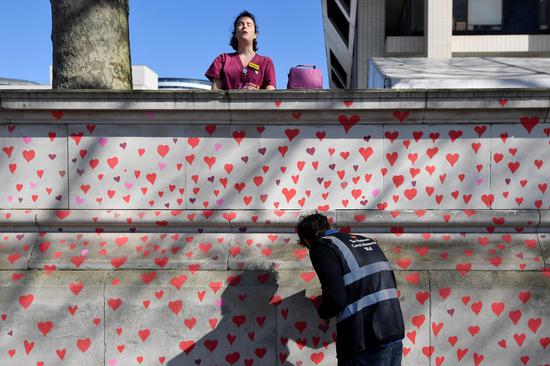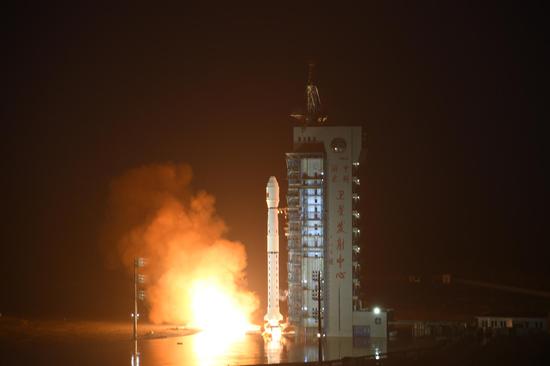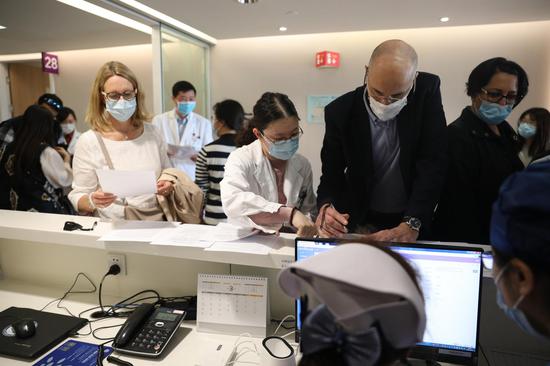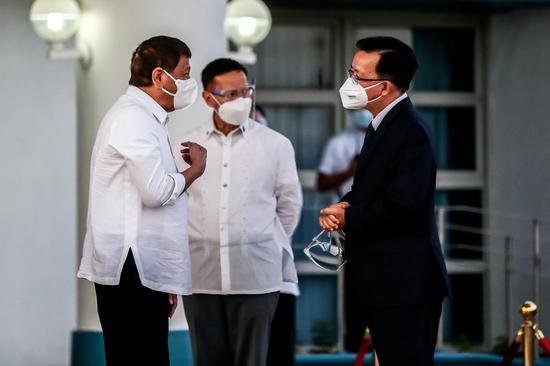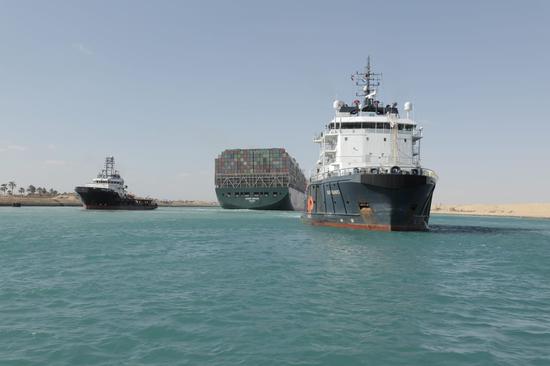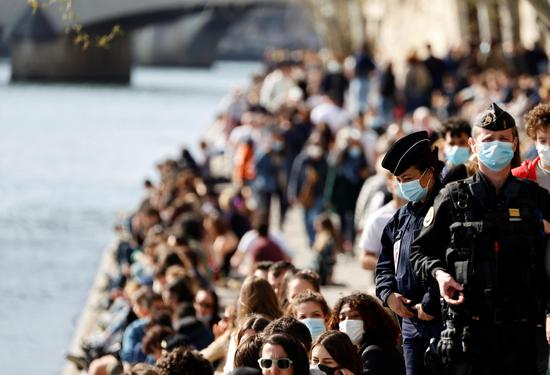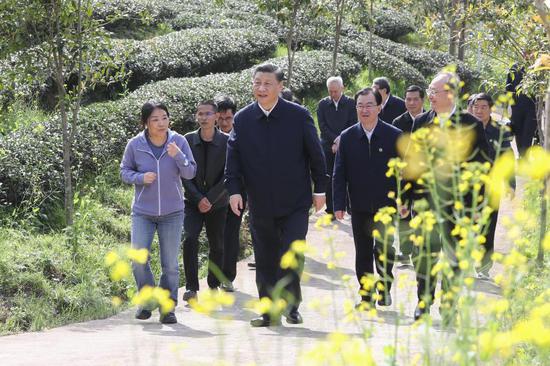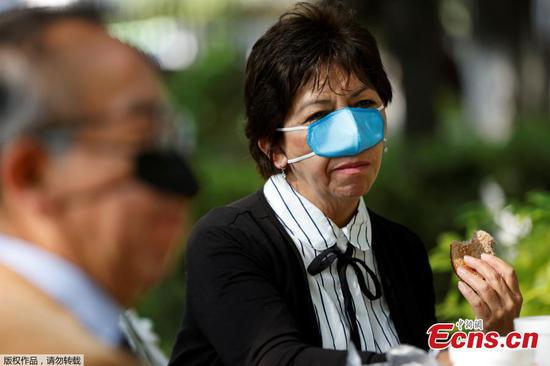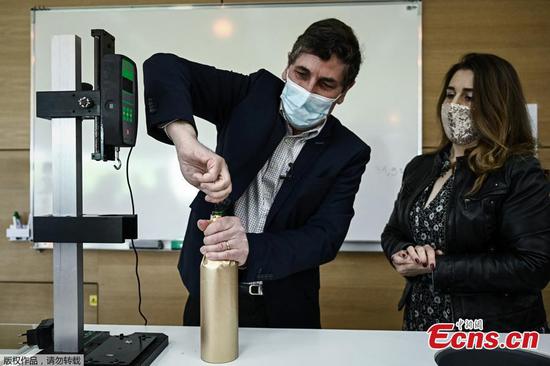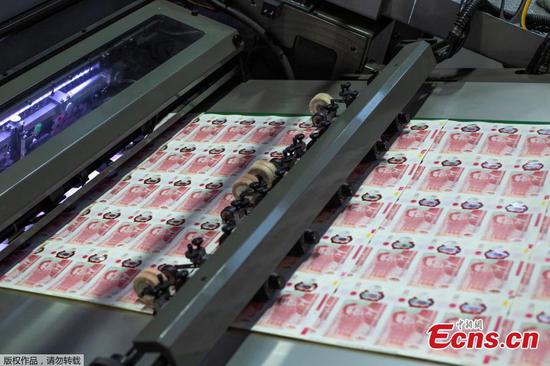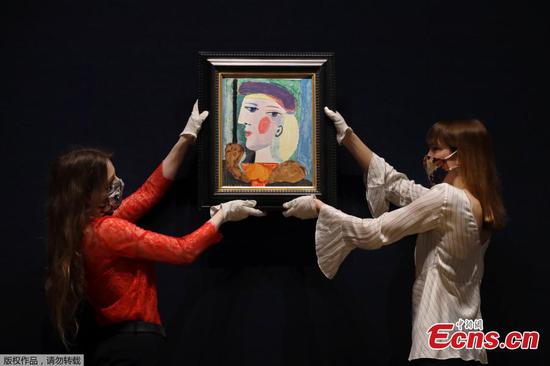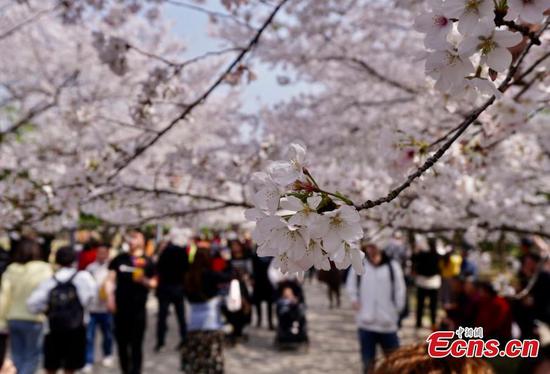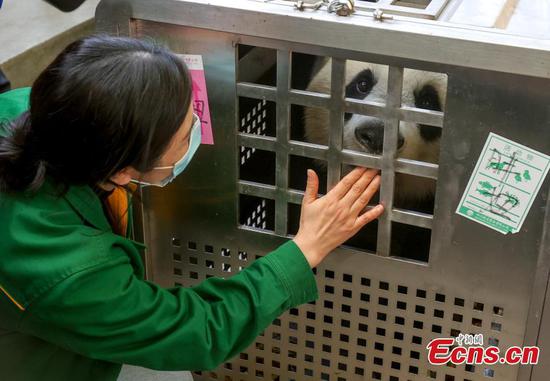The World Trade Organization (WTO) said Wednesday that global trade is primed for a strong but uneven recovery after the COVID-19 pandemic shock, forecasting an increase in the volume of world merchandise trade of 8 percent this year.
The global trade body said prospects for a quick recovery in world trade have improved as merchandise trade expanded more rapidly than expected in the second half of last year.
"World merchandise trade volume is expected to increase by 8 percent in 2021 after falling 5.3 percent in 2020, a smaller decline than previously estimated," the WTO said in a press release.
The WTO figures showed that China was the world's top exporter last year, accounting for 14.7 percent of world merchandise trade, and the second-largest importer behind the United States with a share of 11.5 percent.
"Trade growth should then slow to 4 percent in 2022, and the effects of pandemic will continue to be felt as this pace of expansion would still leave trade below its pre-pandemic trend," it noted.
However, WTO warned that the positive short-term outlook for global trade was marred by regional disparities, continued weakness in services trade, and lagging vaccination timetables, particularly in poor countries.
It said that COVID-19 remained the biggest risk to the outlook for trade, as new waves of infection could easily undermine any hoped-for recovery.
"The strong rebound in global trade since the middle of last year has helped soften the blow of the pandemic for people, businesses, and economies," WTO Director-General Ngozi Okonjo-Iweala said in the statement.
"Keeping international markets open will be essential for economies to recover from this crisis and a rapid, global and equitable vaccine rollout is a prerequisite for the strong and sustained recovery we all need," she noted.
Okonjo-Iweala also said that ramping up production of vaccines would allow businesses and schools to reopen more quickly and help economies get back on their feet.
"But as long as large numbers of people and countries are excluded from sufficient vaccine access, it will stifle growth, and risk reversing the health and economic recovery worldwide," she stressed.










